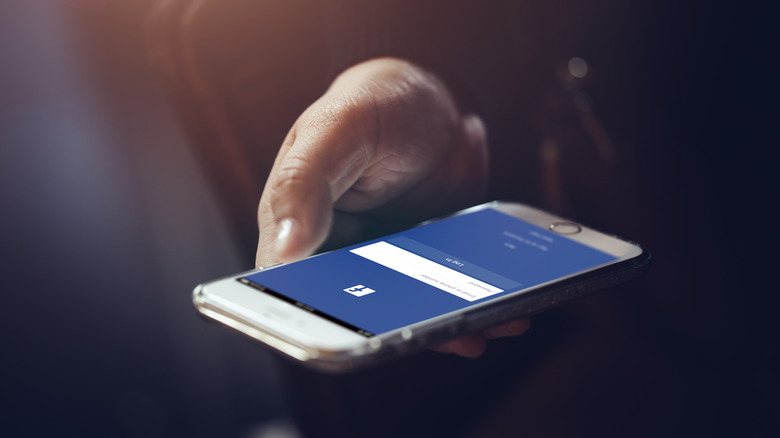Is It Legal For Potential Employers To Judge Your Social Media?
When people are job hunting, it's common to hear warnings about updating privacy settings on social media accounts. According to a survey conducted by Career Builder, 70% of employers scope out an applicant's social media and more than 54% of employers reported that they chose not to hire a candidate based on their social media.
The same survey found that, of the employers who eliminated a candidate due to social media, the most common reason was the "candidate posted provocative or inappropriate photographs, videos, or information" (39%), followed closely by posting about alcohol and drug use (38%). Other common reasons included discriminatory posts based on gender, race, or religion; speaking negatively about past or current employers and colleagues; lying about qualifications; and poor communication skills.
According to Inc.com, employers commonly look at a candidate's Facebook, Instagram, LinkedIn, and Twitter accounts, as well as any other accounts found in a Google search. Here's what you should know about an employer's legal rights when it comes to assessing your social media.
In some states, employers can ask candidates to provide their social media usernames and passwords
Is it legal for an employer to check out your social media? In short, the answer is yes — anything that's available for the public to see is fair game.
You should also be aware that in certain states employers have the legal right to ask you to hand over your social media usernames and passwords (via Nolo). To find out whether or not this practice is legal in your state, check Nolo's list here.
If you live in one of the states where it's illegal for an employer to ask for your passwords, you should still do a thorough review of your social media posts and privacy settings when you're in the process of looking for a new job. And no, the answer isn't to deactivate all your accounts until you've landed a gig. Career Builder's survey also found that 57% of employers reported being "far less likely" to pursue a candidate who has no online presence.
How social media can help you get that dream job
The good news is that social media can actually help you land a job — especially if you're active on a platform like LinkedIn and have received endorsements from former supervisors or colleagues. Career Builder's survey revealed that more than 44% of employers said that what they found on a candidate's social media accounts led them to hire that individual.
According to Inc.com, the best solution is to "clean up" what can be viewed by the public, which means you may need to spend some time "untagging" all those Facebook photos of yourself drinking in college. Use the Facebook option that allows you to view your own profile through the eyes of someone who isn't your "friend" on the platform. Make sure your profile picture and cover photo are professional and comb through any public posts that you've been tagged in so you can remove the tag if necessary.
It's also reasonable to make your Instagram and Twitter accounts private, which is already common for personal accounts.
Employers who told Career Builder they hired someone because of their social media cited the following reasons: background information supporting your professional credentials, communication skills, a "professional image," and creativity. These are all things to keep in mind when you're adjusting privacy settings. It doesn't hurt to let some of your personality show — just make sure it's the aspects that you'd want to share with a potential employer, not the things you'd prefer they didn't know.


